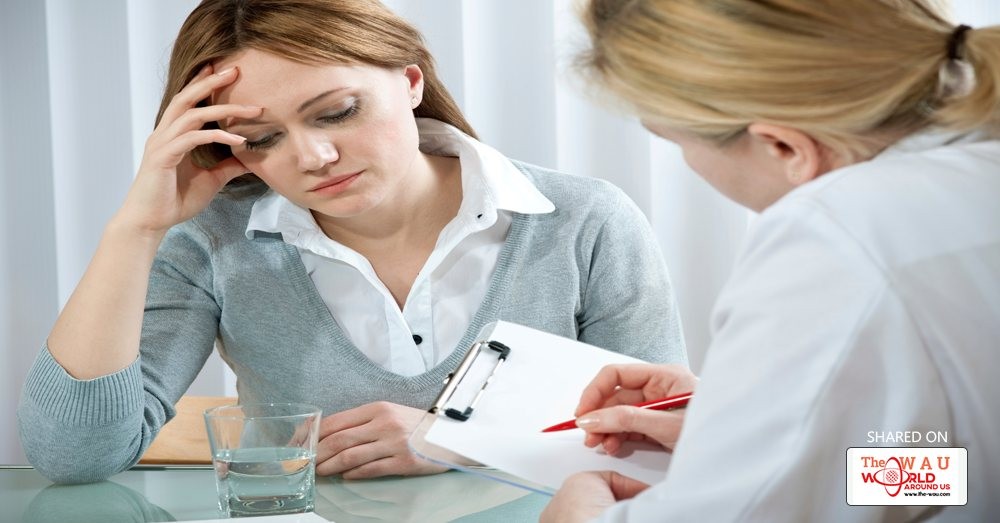What Is Agoraphobia?
It’s not unusual to worry sometimes. But when your fears keep you from getting out into the world, and you avoid places because you think you’ll feel trapped and not be able to get help, you may have agoraphobia.
With agoraphobia, you might worry when you are in:
- Public transportation (buses, trains, ships, or planes)
- Large, open spaces (parking lots, bridges)
- Closed-in spaces (stores, movie theaters)
- Crowds or standing in line
- Being outside your home alone
You may be willing to go just a handful of places. This cuts down on the chances of panic. You may even dread leaving your house. But the good news is there are treatments that can help you relax.
Causes
Doctors aren't sure what causes agoraphobia. They think it runs in families. You may get it if you have a lot of panic attacks. That's when you have bursts of fear that come out of the blue and last for a few minutes. These happen when there's no real danger.
Agoraphobia is rare. Less than 1% of people in the U.S. have it. Women are two to three times more likely to have it than men, and it's more common in teenagers and young adults.
Symptoms
With agoraphobia, you won’t go to places that scare you. If you end up in one, you can become very anxious. Symptoms may include:
- Fast, pounding heart
- Sweating, trembling, shaking
- Breathing problems
- Feeling hot or cold
- Nausea or diarrhea
- Chest pain
- Problems swallowing
- Dizziness or feeling faint
- Fear of dying
A lot of these symptoms are the same for other medical conditions like heart disease and breathing problems. So you may make several trips to the doctor or emergency room before you and your doctor figure out what's really going on.
Your doctor may ask:
- Do you find it scary or stressful to leave your house?
- Do you have to avoid some places or situations?
- What happens if you end up in one of them?
He will do a physical exam and maybe some tests to rule out any other medical problems that could be to blame.
Treatments
Your doctor will usually treat agoraphobia with therapy, medication, or a combination. There are also some things you can do at home to feel better.
Therapy. You could try cognitive therapy. It can teach you new ways to think about or face situations that cause panic. These new ways will help you be less afraid. You may also learn relaxation and breathing exercises.
Medicine. There are many drugs that your doctor might suggest for agoraphobia. The most common kinds are antidepressants and anti-anxiety medicines. Doctors often start with a low dose of one of these medicines that raises the level of a "feel-good" chemical in your brain, called serotonin. Some of the medications that raise serotonin are Celexa, Effexor, Zoloft, Lexapro, and Prozac.
You'll probably take medicine for at least 6 months to a year. If you feel better and no longer are stressed when you're in places that used to scare you, your doctor may begin tapering off your medicine.
Lifestyle changes may also help. Exercise regularly and eat a healthy diet. Skip caffeine and alcohol. They can make your symptoms worse.
Share This Post












